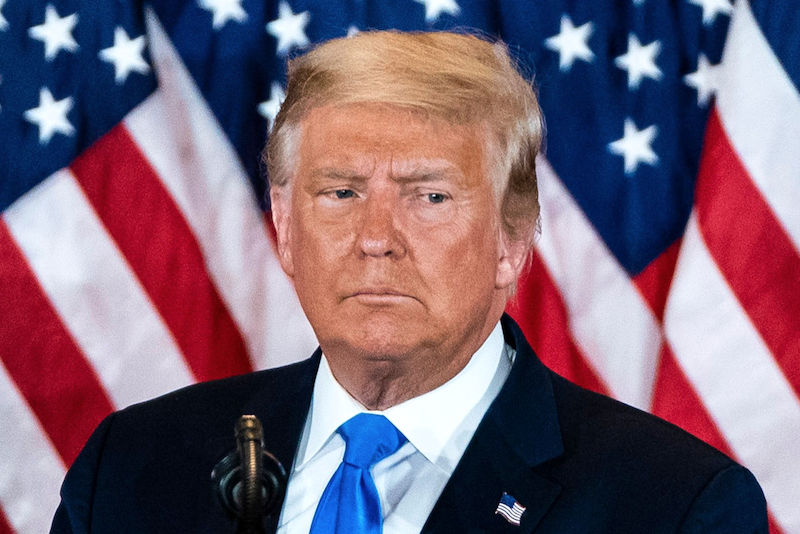U.S. President Donald Trump has renewed his threat to impose tariffs on European Union (EU) products, accusing the bloc of unfair trade practices.
Speaking at the White House on Friday, Trump said he would “absolutely” introduce tariffs on EU goods.
Trump said the U.S. was being treated “terribly”, arguing that European markets largely shut out American exports.
“They don’t take our cars, they don’t take our farm products essentially, they don’t take almost anything,” he said.
Trump pointed to the large trade deficit between the U.S. and the EU, promising to take “substantial” action against the bloc, though he did not provide further details.
During his election campaign, Trump mentioned plans to introduce new tariffs of 10 per cent to 20 per cent on imports from the EU, saying they would boost domestic industries and address the trade deficit.
There was a fierce trade row between the U.S. and the EU during Trump’s first term in office.
In 2018, Trump introduced tariffs on steel and aluminium imports, prompting the EU to respond with tariffs on U.S. products such as bourbon, Harley-Davidson motorcycles, and jeans.
U.S. President Trump hit Canada, Mexico with 25% tariffs
The United States is set to introduce tariffs of 25 per cent on goods from Mexico and China on Saturday.
White House Press Secretary Karoline Leavitt confirmed on Friday that the duties and a 10 per cent tariff on Chinese products will take effect.
Leavitt said the tariffs were in response to the three countries allowing illegal drugs to enter the U.S.
Meanwhile, Canadian Prime Minister Justin Trudeau warned of a “forceful and immediate response” if the U.S. follows through.
“No one – on either side of the border – wants to see American tariffs on Canadian goods,” Trudeau wrote on X.
“I met with our Canada-U.S. Council today. We’re working hard to prevent these tariffs, but if the United States moves ahead, Canada’s ready with a forceful and immediate response,” Trudeau said.
Trump originally wanted to introduce the duties on the first day of his presidency, but he then set a deadline of Feb. 1.
However, the punitive measures could be averted by last-minute negotiations.
Trump won November’s presidential election promising to slap high tariffs on foreign goods. He previously implemented several duties during his first term from 2017 to 2021.
